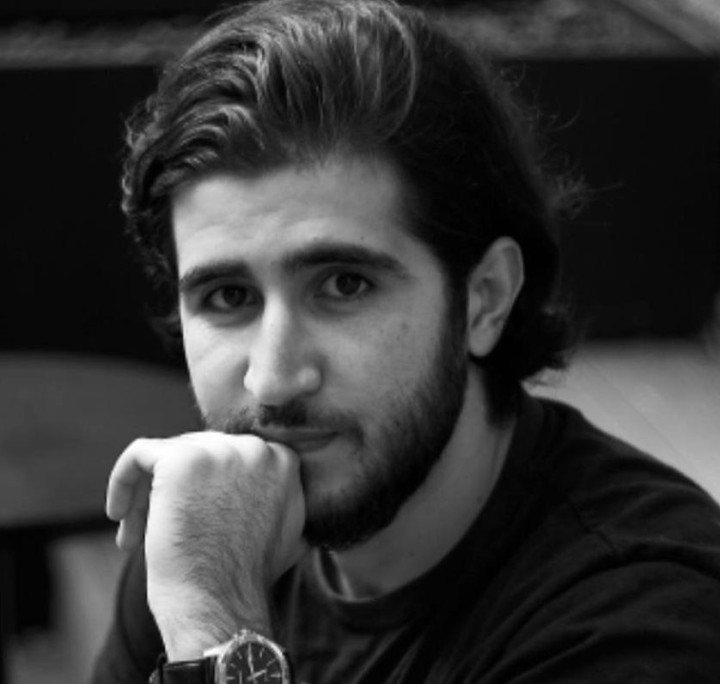Religious Law and Human Rights

This series examines religious law as a human rights issue. Drawing on a variety of cases, contributors explain how Muslim and Jewish law and adjudication operate in the secular legal system of the United Kingdom and the mixed legal order of the State of Israel; how religion is being utilized to alienate religious minorities in Iran and Pakistan; and why traditional courts sometimes successfully replace secular legal institutions in serving justice in Kyrgyzstan. What unites these contributions is the authors’ intent to challenge and deepen readers’ basic knowledge about the interplay between religious law and human rights norms in different legal settings. This series is based on presentations given at the ICLRS 32nd Annual International Law and Religion Symposium, 7 October 2025.


